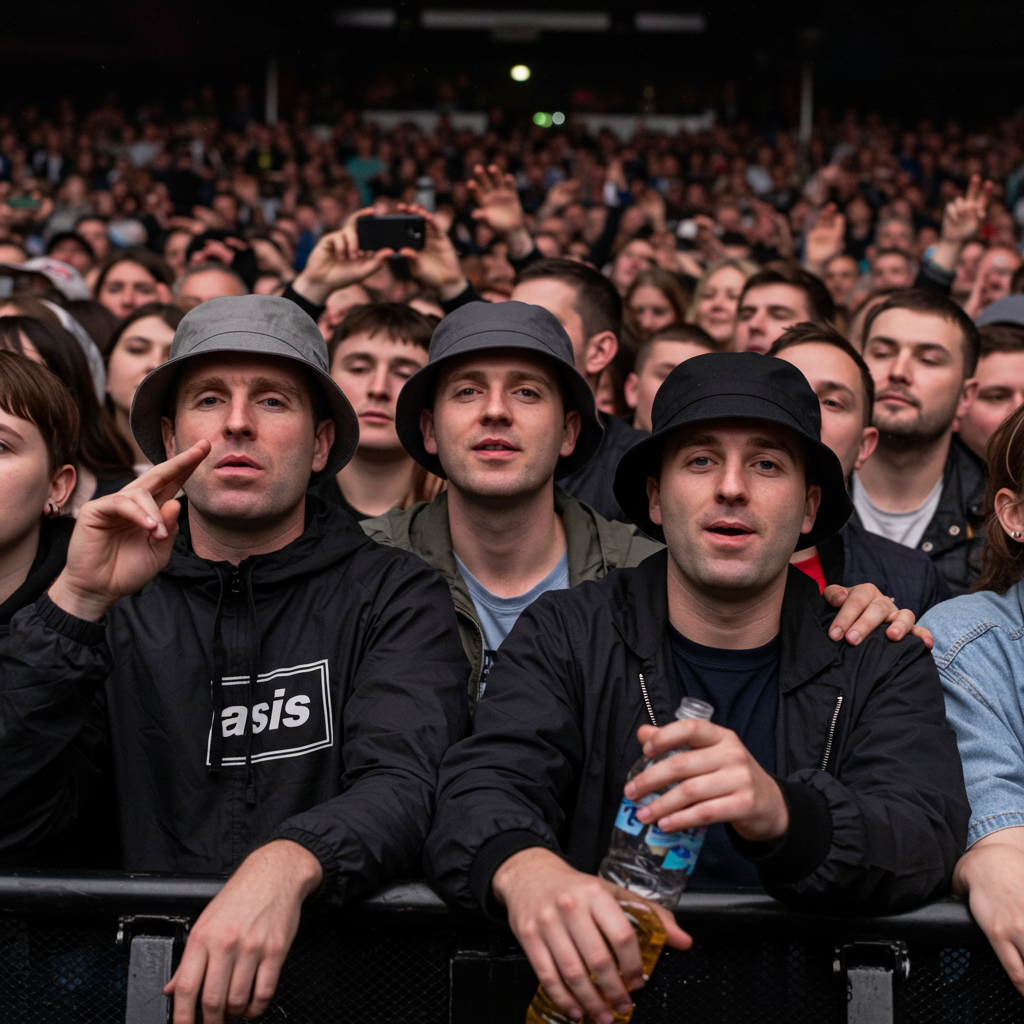The high-profile federal criminal trial of music mogul Sean “Diddy” Combs has reached a critical juncture. After more than six weeks of proceedings involving extensive testimony and evidence, both the prosecution and the defense have formally rested their cases.
In a significant move, Combs’ defense team presented a brief case that lasted less than an hour and opted to call zero witnesses. This followed the prosecution resting its case earlier in the day, which had unfolded over approximately six weeks, featuring testimony from dozens of witnesses. Sean Combs himself confirmed to the judge that the decision not to testify was “totally” his own.
What Happens Next
With the presentation of evidence concluded, the legal teams will meet for a charge conference tomorrow to finalize instructions for the jury. The jury has been instructed to return on Thursday for closing arguments. Each side is expected to have several hours to present their final summations, which may potentially extend into Friday.
The Charges Sean Combs Faces
Sean Combs has pleaded not guilty to several serious federal charges:
Racketeering Conspiracy
Sex Trafficking by force, fraud or coercion (Two counts)
Transportation to engage in prostitution (Two counts)
If convicted on all counts, Combs could face a potential sentence of up to life in prison.
Key Points from the Lengthy Trial
The trial has seen the prosecution call 34 witnesses or more, including alleged victims, former employees, escorts, and law enforcement agents. Testimony included harrowing accounts from Cassie Ventura, who spoke of alleged physical abuse and being coerced into drug-fueled “freak offs” (described as elaborate, often-sexual performances). Other alleged victims, identified pseudonymously as “Mia” and “Jane,” also testified about sexual assaults, coerced sexual acts involving escorts, and feeling exhausted and overwhelmed by demands.
Evidence presented by the prosecution sought to establish a pattern of behavior involving coercion, control, and facilitation of sexual acts. This included:
Extensive Text Messages: Showing demands for supplies (like significant amounts of baby oil and lubricant), coordination of travel and payments for escorts, and discussions around alleged incidents of abuse. The defense also used texts to argue for consensual relationships.
Video Footage: Including explicit videos of alleged “freak offs” and surveillance footage related to a purported 2016 hotel assault involving Combs and Ventura.
Financial Records: Documenting payments to escorts, significant hotel damages (allegedly related to “freak offs”), and travel expenses.
Hotel Logs: Showing Combs’ use of aliases and specific, unusual requests or damage notes.
Witness Testimony: From former staff like Brendan Paul regarding procuring drugs for Combs, and law enforcement agents detailing the paper trail and items found during federal raids on Combs’ properties (including firearms, sex crime evidence, and large quantities of baby oil).
The defense strategy largely hinged on challenging the prosecution’s narrative during cross-examination and arguing insufficient evidence exists to prove the core charges, particularly the existence of a criminal “enterprise” required for the racketeering charge. They contended that staff were merely running errands, domestic issues should not be conflated with sex trafficking, and presented evidence, primarily text messages, suggesting consensual participation in sexual activities by alleged victims.
The case now heads towards its final arguments, with the jury set to deliberate following instructions from Judge Arun Subramanian.
Editor’s Note: If you or someone you know is struggling with intimate partner violence, there are resources available, including the National Domestic Violence Hotline.

